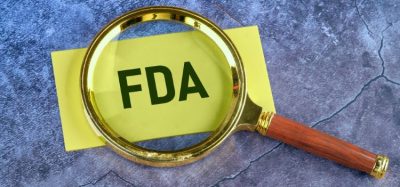Novartis could face legal action over Zolgensma application
Posted: 8 August 2019 | Victoria Rees (European Pharmaceutical Review) | No comments yet
The pharmaceutical company failed to inform the FDA of manipulated data when the gene therapy was under review and could face a legal battle.


The US Food and Drug Administration (FDA) has announced that the drug application for Zolgensma, a spinal muscular atrophy gene therapy, manipulated data and failed to inform regulators of the misinformation one month after its approval on 28 June.
The company has announced that it is in the process retesting all product used in early trials
The FDA says that Novartis, who produce the drug, was aware of the issues in March, two months before the regulatory body granted approval. If made aware, the FDA would have had to delay its decision and investigate the matter. The agency has said Novartis could face legal action over the pre-clinical data.
When employees reported the missteps, the Zolgensma biologics license application (BLA) was under review. The company then launched an internal investigation. The pharmaceutical company claims that the three-month gap was justified and did not put patients at risk. According to Novartis, the efficacy and safety of the medicine are not compromised.
“The assays in question were used for initial product testing and are not currently used for commercial product release. An investigation was immediately initiated to rapidly understand any implications and address the situation. Once we had interim conclusions from our investigations, we shared our findings with the FDA,” Novartis said in a statement, adding that “the data in question were a small portion of our overall submission and are limited to an older process no longer in use”.
Although the FDA believes the drug should remain on the market, Dr Peter Marks, director of the FDA’s Center for Biologics Evaluation and Research, says the regulatory body is considering using its “full authorities to take action, if appropriate, which may include civil or criminal penalties”.
The company has announced that it is in the process retesting all product used in early trials to ensure that it conforms to the current testing used for commercial product release.
Related topics
Drug Safety, Preclinical Research, Regulation & Legislation, Research & Development (R&D)









